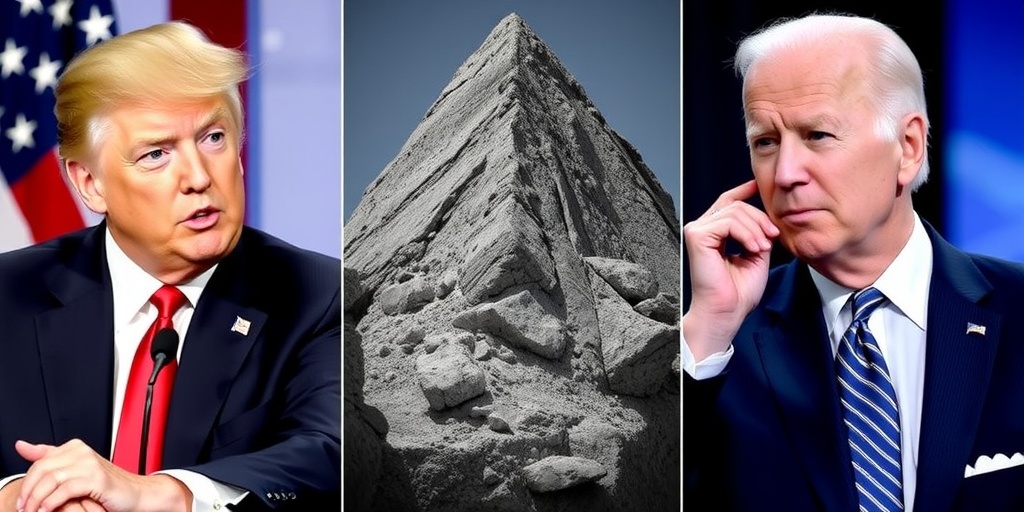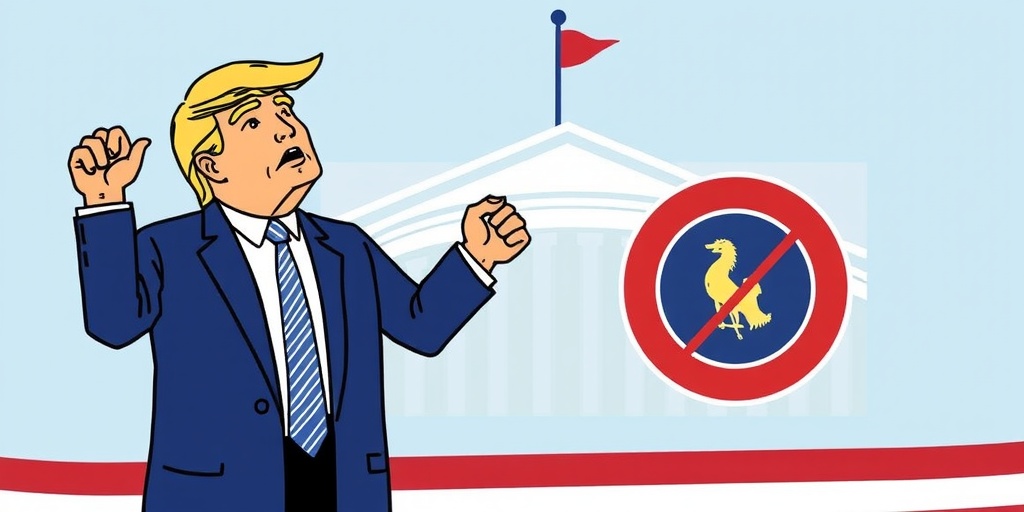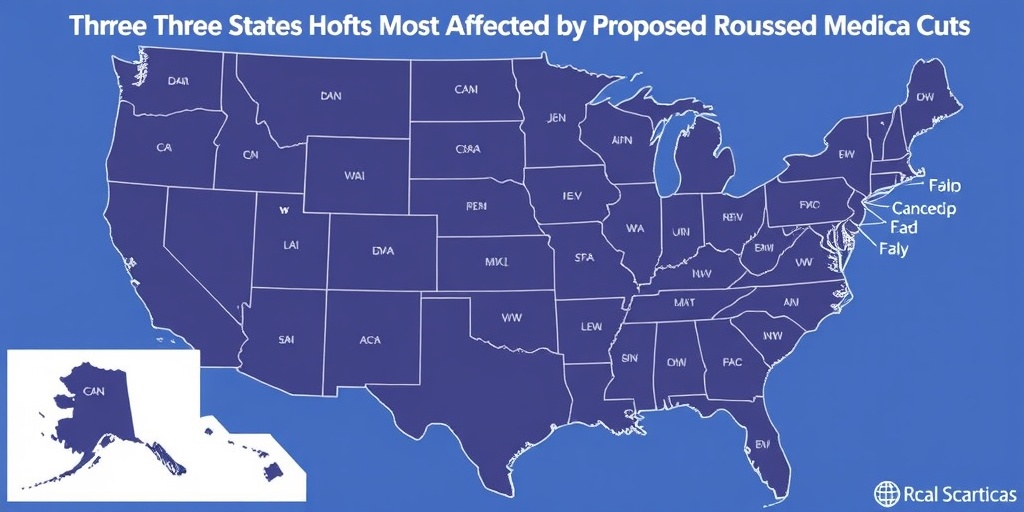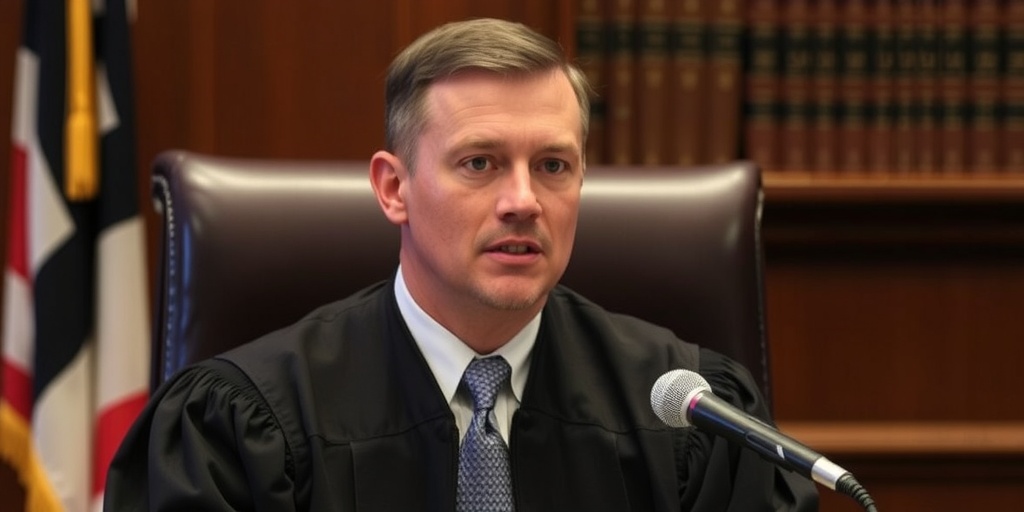Now Reading: Trump Administration Revokes South Sudanese Visas Amid Deportee Clash
-
01
Trump Administration Revokes South Sudanese Visas Amid Deportee Clash
Trump Administration Revokes South Sudanese Visas Amid Deportee Clash

U.S. Revokes Visas for South Sudan Passport Holders Amid Deportation Controversy
In a significant move on Saturday, Secretary of State Marco Rubio announced the revocation of visas for all South Sudan passport holders. This decision comes after the South Sudanese transitional government failed to accept deportees in a timely manner, prompting Rubio to take action against the government’s lack of cooperation.
Rubio disclosed this decision in a social media post, where he articulated that he would also impose restrictions on future visa issuances to prevent South Sudanese individuals from entering the United States. He placed the blame squarely on the transitional government, stating that their failure to accept repatriations warranted this tough stance. The Secretary of State further indicated that the U.S. government would be willing to re-evaluate these actions once South Sudan demonstrates full compliance.
This latest action by Rubio mirrors a previous threat made by President Trump in late January, when he warned Colombian officials of potential visa revocations and tariffs on Colombian exports due to their refusal to accept deportees being sent back from the United States. Notably, Colombia swiftly reversed its decision in that instance. Rubio’s decision to revoke the visas of South Sudanese citizens signals a continuation of the Trump administration’s vigorous push to expedite the deportation of foreign nationals, aligning with President Trump’s campaign promises to crack down on immigration.
Amidst this backdrop of aggressive deportation tactics, some individuals facing deportation from the U.S. have pushed back by filing lawsuits against the Trump administration. A number of judges have responded with temporary restraining orders that halt these deportations, indicating a legal challenge to the administration’s policies.
As news of the visa revocations spread, South Sudanese officials were reportedly unavailable for immediate comment. The reaction from legal experts and former officials has been critical. Lucas Guttentag, who served in the Justice Department during the Biden administration, labeled Rubio’s actions as “another example of damning individuals based on nationality.” Guttentag decried the policy as one that disrupts the lives of innocent and law-abiding visa holders, suggesting that meaningful diplomatic engagement would be a better avenue for addressing such issues.
The Trump administration’s push for mass deportations has manifested in various actions, including significant operations targeting undocumented individuals across the country. Rubio defended his decision to revoke visas, asserting that many of those in detention were undermining U.S. foreign policy, thus justifying their exclusion from the country.
In a troubling development, several prominent individuals who were detained under these directives participated in protests on U.S. campuses or publicly expressed their dissent regarding the U.S. government’s foreign policies, particularly regarding the ongoing conflict in Gaza. Such activism has not gone unnoticed and is now intertwined with the broader immigration enforcement measures being pursued by the administration.
On March 27, Rubio announced that he had revoked “perhaps 300 or more visas” and was consistently signing off on papers for additional deportations. Among the most notable visa revocations was that of Óscar Arias Sánchez, a former Costa Rican president and Nobel Peace Prize laureate. Arias revealed that he had been informed of his visa suspension shortly after criticizing Trump’s administration in a social media post, where he likened the president’s conduct to that of a “Roman emperor.”
Historically, the U.S. government has encountered challenges with several countries unwilling to accept deportees due to strained diplomatic relations or difficulties in arranging the necessary travel documentation. During the first Trump administration, visa sanctions were placed on various nations deemed uncooperative in accepting their citizens back from the U.S., which had repercussions for individuals trying to secure visas abroad.
In a contrasting approach, the Biden administration made strides in 2023 to offer protection from deportation for migrants from South Sudan through Temporary Protected Status, citing the persistent violence within the country as a critical factor. This protective measure is set to remain in effect until May, indicating an ongoing examination of the humanitarian aspects surrounding the immigration debate.
As developments unfold around the South Sudan visa revocations and related immigration enforcement policies, the implications for affected individuals and the countries involved will undoubtedly continue to shape discussions on U.S. foreign relations and domestic law enforcement strategies in the immigration arena. The complexities of these issues require careful navigation, balancing national security concerns with humanitarian obligations and diplomatic relations.
Stay Informed With the Latest & Most Important News
Previous Post
Next Post
-
 01New technology breakthrough has everyone talking right now
01New technology breakthrough has everyone talking right now -
 02Unbelievable life hack everyone needs to try today
02Unbelievable life hack everyone needs to try today -
 03Fascinating discovery found buried deep beneath the ocean
03Fascinating discovery found buried deep beneath the ocean -
 04Man invents genius device that solves everyday problems
04Man invents genius device that solves everyday problems -
 05Shocking discovery that changes what we know forever
05Shocking discovery that changes what we know forever -
 06Internet goes wild over celebrity’s unexpected fashion choice
06Internet goes wild over celebrity’s unexpected fashion choice -
 07Rare animal sighting stuns scientists and wildlife lovers
07Rare animal sighting stuns scientists and wildlife lovers





















